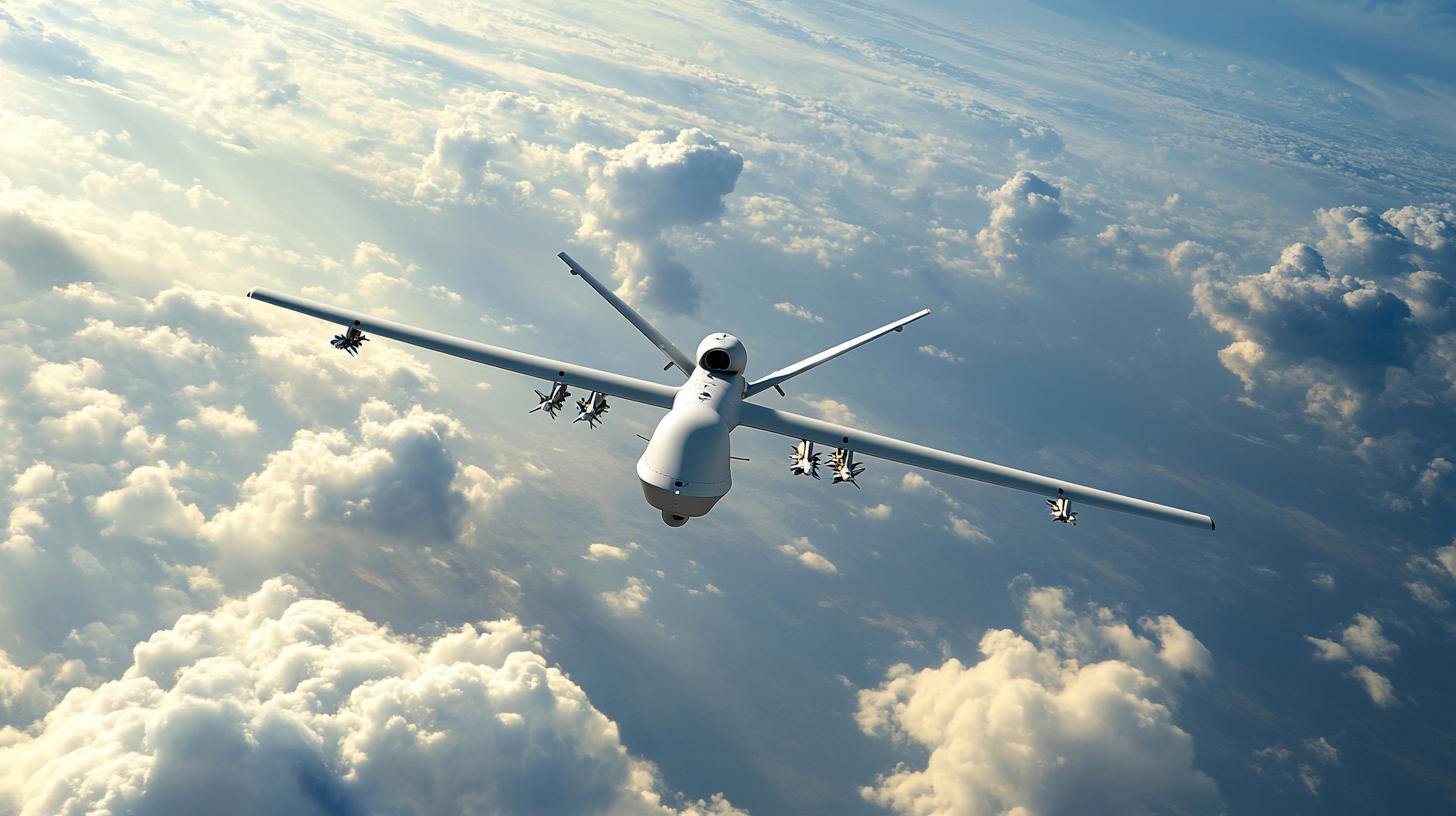Musk’s Bold Vision for Military Technology: Are Piloted Fighter Jets Obsolete?
In a recent social media outburst, Tesla’s CEO Elon Musk questioned the wisdom of investing in traditional, manned fighter jets like the F-35. Musk, a vocal advocate for cutting-edge technology, highlighted the potential of unmanned drones dominating future warfare landscapes.
Elon Musk, who serves as a co-head for the Department of Government Efficiency, challenged conventional military strategies by supporting the concept of drone swarms. He emphasized their strategic superiority over human-piloted aircraft. His social media engagement intensified when he strongly supported a comment that called drones “the new level of warfare.”
While Musk pushes for innovation, the Pentagon defended the F-35 program, lauding its widespread international alliance and the aircraft’s prowess. The fighter jet remains critical for both the U.S. and its allies, with a projected increase in F-35s across Europe within the next decade.
Lockheed Martin, the F-35’s primary contractor, reiterated its commitment to collaborating with governmental bodies to bolster national security. Although Lockheed faces criticism for the F-35 program’s costs and developmental challenges, they assert the aircraft’s exceptional reliability and capabilities.
Resistance to the current defense model is growing, with Silicon Valley startups, like Anduril, advocating for technological advancements in military procurements. These companies aim to reshape defense strategies, reflecting Musk’s vision of a future dominated by autonomous combat systems.
As Elon Musk critiques the status quo, the conversation about the balance between manned and unmanned military assets continues to unfold. Whether this shift in paradigm becomes a reality remains to be seen, but the implications could redefine modern warfare.
Elon Musk’s Drone Vision: What It Means for the Future of Defense Technology
The Rise of Drones: Transforming Warfare and Technology
Elon Musk’s recent comments questioning the future of manned fighter jets in favor of unmanned drones have sparked a debate over how emerging technologies might revolutionize military operations. The rise of autonomous systems presents new opportunities and challenges that could significantly impact the development of humanity and future technologies.
Interesting Facts and Controversies
Unmanned drones have already proven their strategic value in surveillance, reconnaissance, and targeted strikes, but their expanded role could redefine global military tactics. Drones offer numerous advantages, such as reduced production and operational costs, no risk to pilot safety, and the ability to sustain longer missions without the constraints of human endurance.
However, the transition to a drone-centric military raises ethical, strategic, and security concerns. Questions regarding the morality of autonomous weapons systems and potential hacking vulnerabilities are central to the debate. The possibility of drones being used in offensive cyber warfare or being hijacked by hostile forces presents new security challenges that nations must consider.
The Impact on Humanity and Technology
The push for autonomous combat systems could accelerate advancements in artificial intelligence, sensor technology, and data analytics. These technologies could have far-reaching implications beyond military applications, benefiting sectors such as logistics, search and rescue operations, and wildlife conservation.
On the other hand, the increasing reliance on unmanned systems might lead to a devaluation of traditional military skills and reduce the necessity for human intervention in conflict resolution, potentially leading to unforeseen societal consequences.
Advantages and Disadvantages
The advantages of adopting drone technology include increased operational efficiency and reduced human risk. Drones can perform dangerous missions without the fear of human casualties, and their deployment can be more cost-effective than traditional aircraft. Drones’ ability to conduct precision strikes also means reduced collateral damage.
Conversely, the reliance on drones might lead to overreliance on technology and could escalate arms races in AI-driven weapon systems. Furthermore, the lack of international regulations on autonomous weapons poses significant risks to global security and stability.
Future Considerations
Will the shift towards unmanned military systems make traditional warfare obsolete, or will there still be a place for human pilots? Are we prepared to handle the ethical dilemmas posed by autonomous warfare? These questions remain open as technology continues to evolve.
As the conversation continues, industry leaders, policymakers, and military strategists will need to find a balance between innovation and ethical responsibility.
For more insights into the intersection of technology and society, you can visit the World Economic Forum or explore military technology updates on U.S. Department of Defense.







